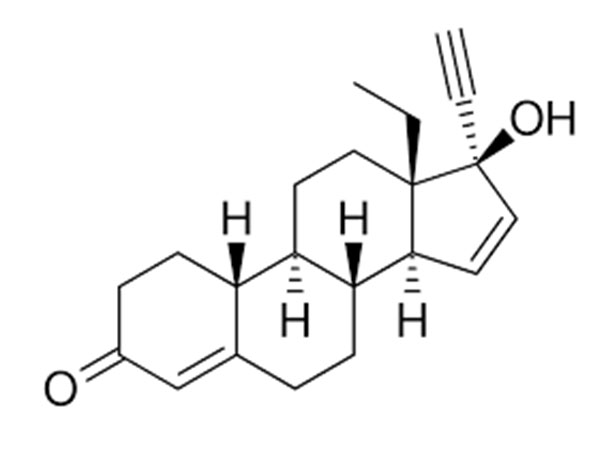Gestodene: A Synthetic Progestin for Contraception and Gynecological Health
2025-04-24
Gestodene is a synthetic progestin, a type of hormone commonly used in various contraceptive formulations. It is often combined with estrogen in oral contraceptives, but it can also be found in other forms of birth control methods such as injections or implants. Gestodene is known for its ability to mimic the natural hormone progesterone, which plays a vital role in regulating the menstrual cycle and maintaining pregnancy.
In its function as a synthetic progestin, Gestodene primarily works by preventing ovulation. Ovulation is the release of an egg from the ovary, which is the first step in the process of conception. By inhibiting ovulation, Gestodene reduces the chances of fertilization. In addition to suppressing ovulation, it also thickens the cervical mucus, making it more difficult for sperm to reach and fertilize an egg. Furthermore, it alters the lining of the uterus, making it less receptive to a fertilized egg.
Gestodene is used not only for contraception but also for treating certain gynecological conditions. It can be prescribed to manage symptoms of conditions like polycystic ovary syndrome (PCOS), endometriosis, and abnormal uterine bleeding. By regulating hormone levels, it can help restore a more balanced menstrual cycle and alleviate the discomfort associated with these conditions.
One of the key benefits of Gestodene-based contraceptives is that they tend to have a more favorable side effect profile compared to some other synthetic progestins. For example, Gestodene has a relatively low androgenic effect, which means it is less likely to cause symptoms like acne or excessive hair growth that are sometimes associated with other progestins. This makes it a preferred choice for individuals who may be sensitive to such side effects.
Although Gestodene is effective in preventing pregnancy and managing certain health conditions, like all medications, it is important to be aware of potential side effects. Some individuals may experience nausea, headaches, changes in mood, or changes in libido. These side effects are usually mild and often diminish over time as the body adjusts to the hormone. However, in some cases, more serious side effects can occur, such as an increased risk of blood clots, stroke, or heart attack, particularly in individuals who smoke or have certain preexisting conditions.
Another important aspect to consider when using Gestodene is its interaction with other medications. Certain drugs, such as antibiotics and anticonvulsants, can interfere with the effectiveness of Gestodene-based contraceptives, making them less reliable in preventing pregnancy. It's important to consult a healthcare provider when starting or changing any medications to ensure that Gestodene will remain effective.
When choosing a contraceptive method, it is essential to consider individual health needs, lifestyle, and potential risks. Gestodene offers an effective option for many, but as with any medication, it is important to discuss its use with a healthcare provider to ensure it is the right choice for an individual's specific circumstances. Whether used for contraception or for managing gynecological issues, Gestodene has a significant role in modern reproductive health care.



